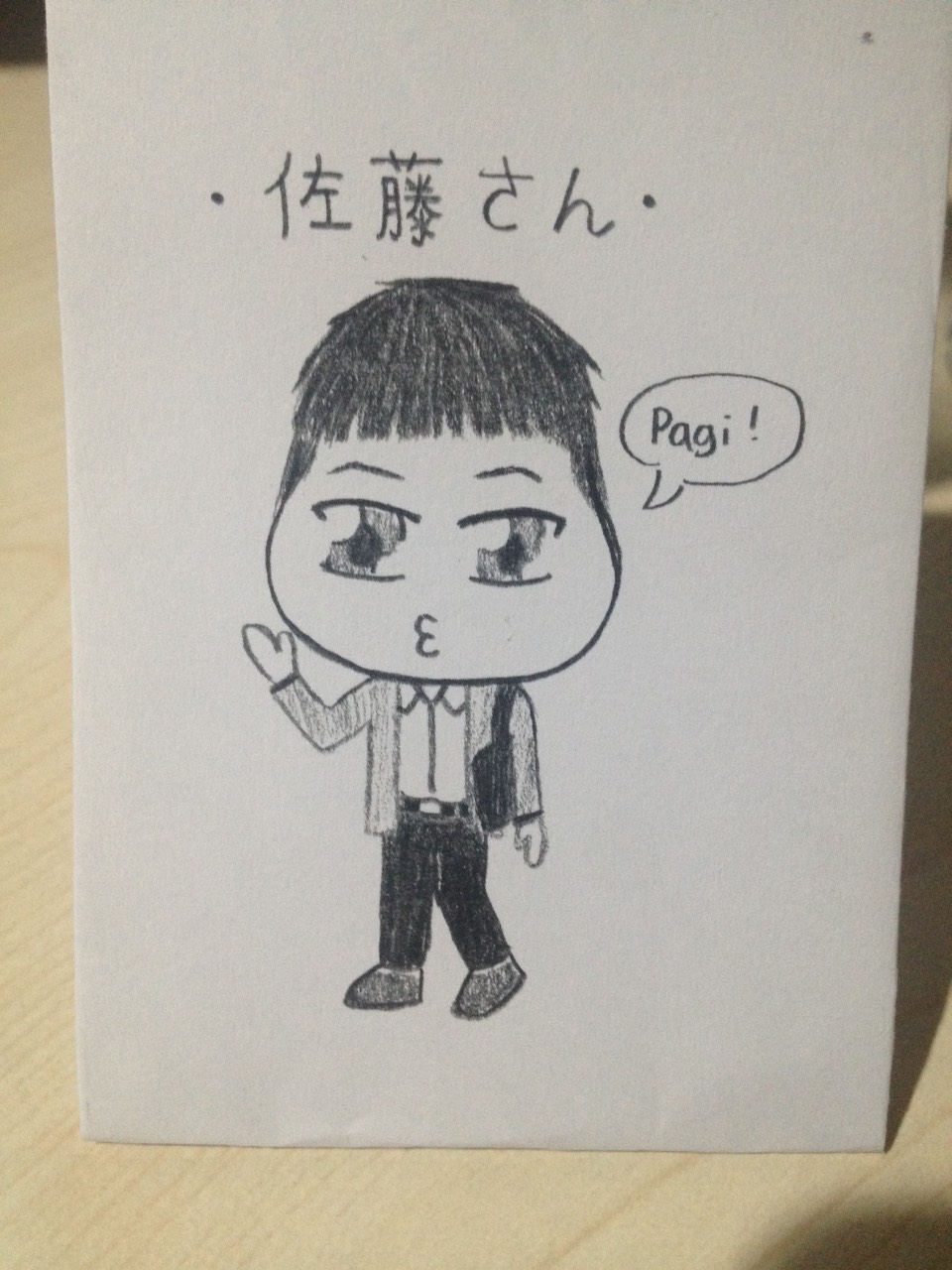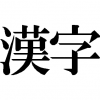Word order 語順
This session’s topic is “word order”, how words are placed in sentences.
In JLPT test, there is 読解(reading) test.
To find correct answer to question, you need to understand meaning of each sentence.
To do so, it’s useful to know how is structure of sentence in Japanese and differences between your language, especially English.
One of the special characteristics in Japanese is “word order”.
For N5 grammar points, please check this page!
50 ponts to be mastered in grammar for N5 in JLPT
Basic sentence
Japanese is different from English in the word order of verb. The main verb is preceded by the object, and it often comes at the end of a sentence in Japanese.
Ex a)
In Japanese:
私は富士山に登ります。(Watashi wa fujisan ni nobori masu)
⇒Subject(watashi) + Object(fujisan) + Verb(nobori masu). Verb comes at the end of this sentence.
In English:
I climb Mt.Fuji.
⇒Subject(I) + Verb(climb) + Object(Mt.Fuji). Verb comes place before object.
Modifiers
In Japanese, all noun modifiers such as particle, possessives, adjectives and sentence modifiers precede the nouns.
Modifiers work adding meaning to noun.
Ex b)
In Japanese:
私は小さい犬が好きだ。(Watashi wa chiisai inu ga sukida)
⇒Adjective(chiisai) preceding nouns modifies noun(inu).
In English:
I love a small dog.
⇒Adjective(small) preceding nouns modifies noun(dog).
Ex c)
In Japanese:
東京はきれいでにぎやかな都市だ。(Tokyo wa kirei de nigiyakana toshi da)
⇒Adjective(kirei de nigiyakana) preceding nouns modifies noun(toshi).
In English:
Tokyo is a city which is clean and crowded.
⇒Relative pronoun(which is clean and crowded) following noun modifies noun(city).
Ex d)
In Japanese:
私の父は医者だ。(Watashi no chichi wa isya da)
⇒Possessives (“watashi no”) preceding nouns modifies noun(chichi).
In English:
My father is a doctor.
⇒Possessives(“my”) preceding noun modifies noun(father).
Summary
Word Order
1.Main verb comes at the end of sentence.
(That means you have to listen carefully until the end of sentence in conversation….)
2.Modifier comes before noun.
In English, No.1 is different but No.2 is same.
How was this post?
If you like this or feel this is useful, please share on Facebook and retweet on Twitter!
If you wanna join Leo Sensei’s group on Facebook, click Facebook mark on top or bottom and send friend request to me. You can get updated information and ask me freely about Japanese language and culture and so on.


















